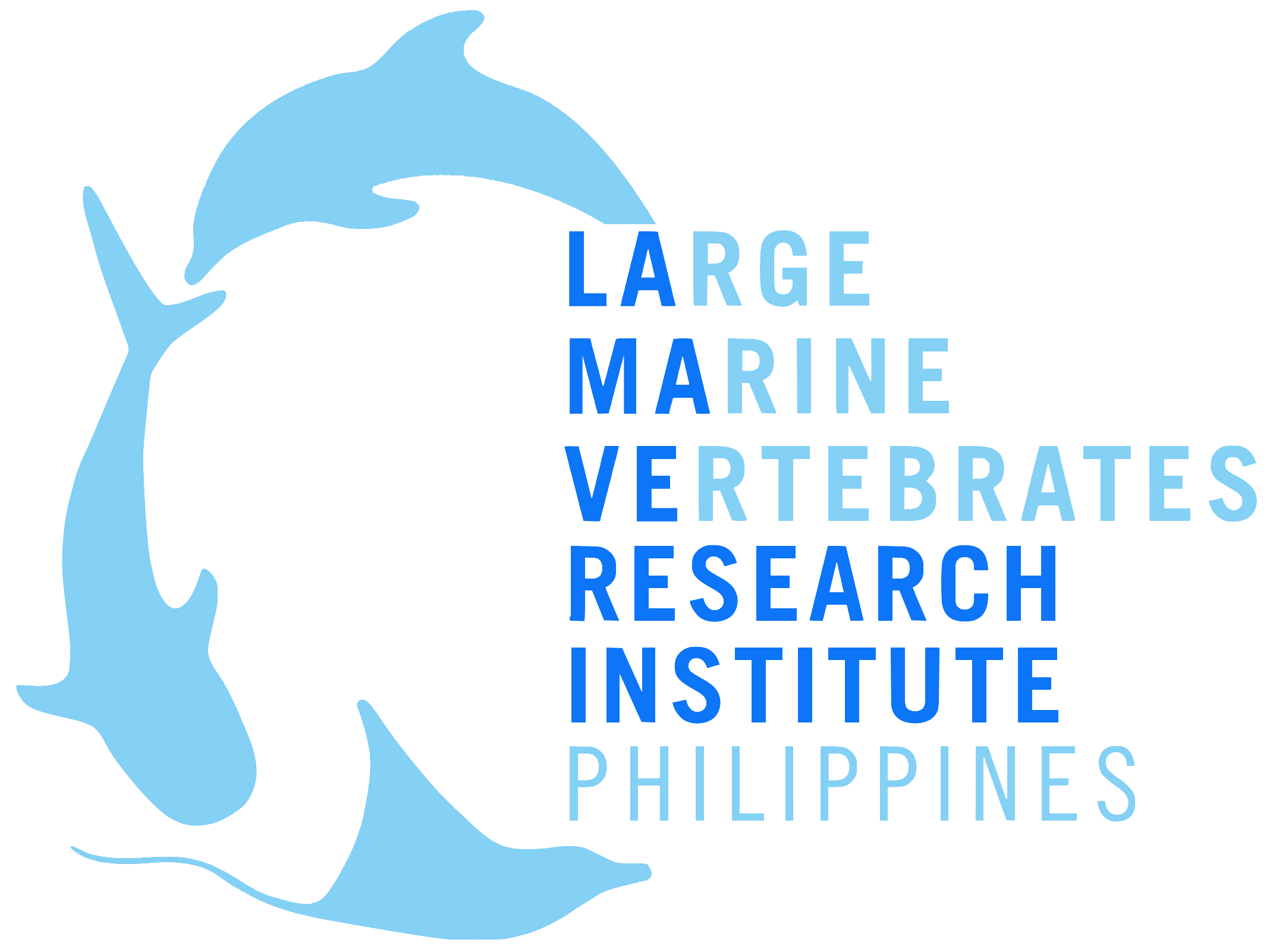NEWS
Collaborative efforts highlight the long-distance movements of whale sharks in the Sulu-Sulawesi Marine Ecoregion
Dedicated research is powerful, yet it has its limitations: timeliness, costs, logistics, accessibility. This becomes extremely relevant when the species being studied is highly mobile and can utilise multiple habitats in a relatively short time scale, like the whale shark. The whale shark is a highly mobile species, broadly distributed, that can cross boundaries without anyone realising. A recent study in the Philippines highlighted the movement of whale sharks between one site in Palawan, and Malaysia and Indonesia. These results also highlighted the utility of the general public in collecting data for research programmes.
Here, the authors do it again! Citizen science programmes in Sabah, Malaysia, have been actively collecting identification and presence data on whale sharks with one intriguing visitor in late 2019: a whale shark previously sighted in the south of Cebu, Philippines, was encountered at Pulau Sipadan, in Sabah, Malaysia. This represents a minimum distance movement of 800 km, and also builds on current knowledge that whale sharks are moving between the Sulu and Sulawesi Seas, an area of special conservation interest with some of the world’s highest marine biodiversity (Carpenter, 2005). Through collaborative work between LAMAVE, Scuba Junkie SEAS and Universiti Malaysia Sabah, the authors were able to document this incredible movement as validated through the online global database ‘Wildbook for Whale Sharks’.
These results highlight the need for citizens to be involved in monitoring programmes particularly for endangered and enigmatic species such as the whale shark. In the Philippines, citizen science contributions are high with year-round reports from all over the country- a fascinating phenomenon. Movements have been documented in south Luzon, the Visayas, Mindanao and Palawan. In light of the positive active involvement of snorkelers and divers in monitoring whale sharks, it is important to note the necessity for sustainable interaction practices that minimise the disturbance on the animals. As such, we encourage everyone to collect identification data on whale sharks whilst following the local Code of Conduct when interacting with these incredible fish.
A copy of the study is available HERE.



All LAMAVE team members are safe after #TyphoonOdette (Rai).
The team in Puerto Princesa City Palawan have just received access to communications through SMART (Wed 22 Dec)…